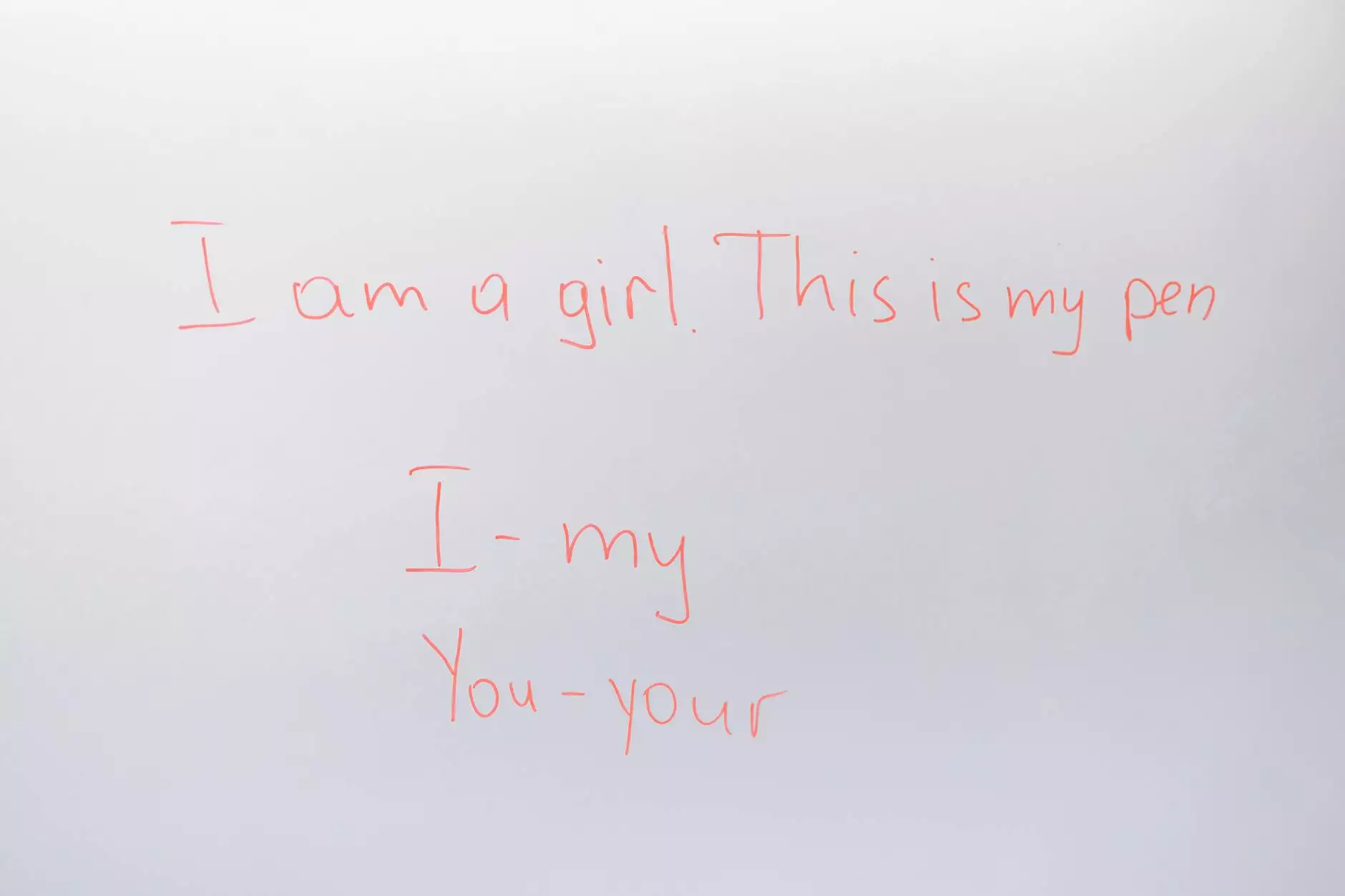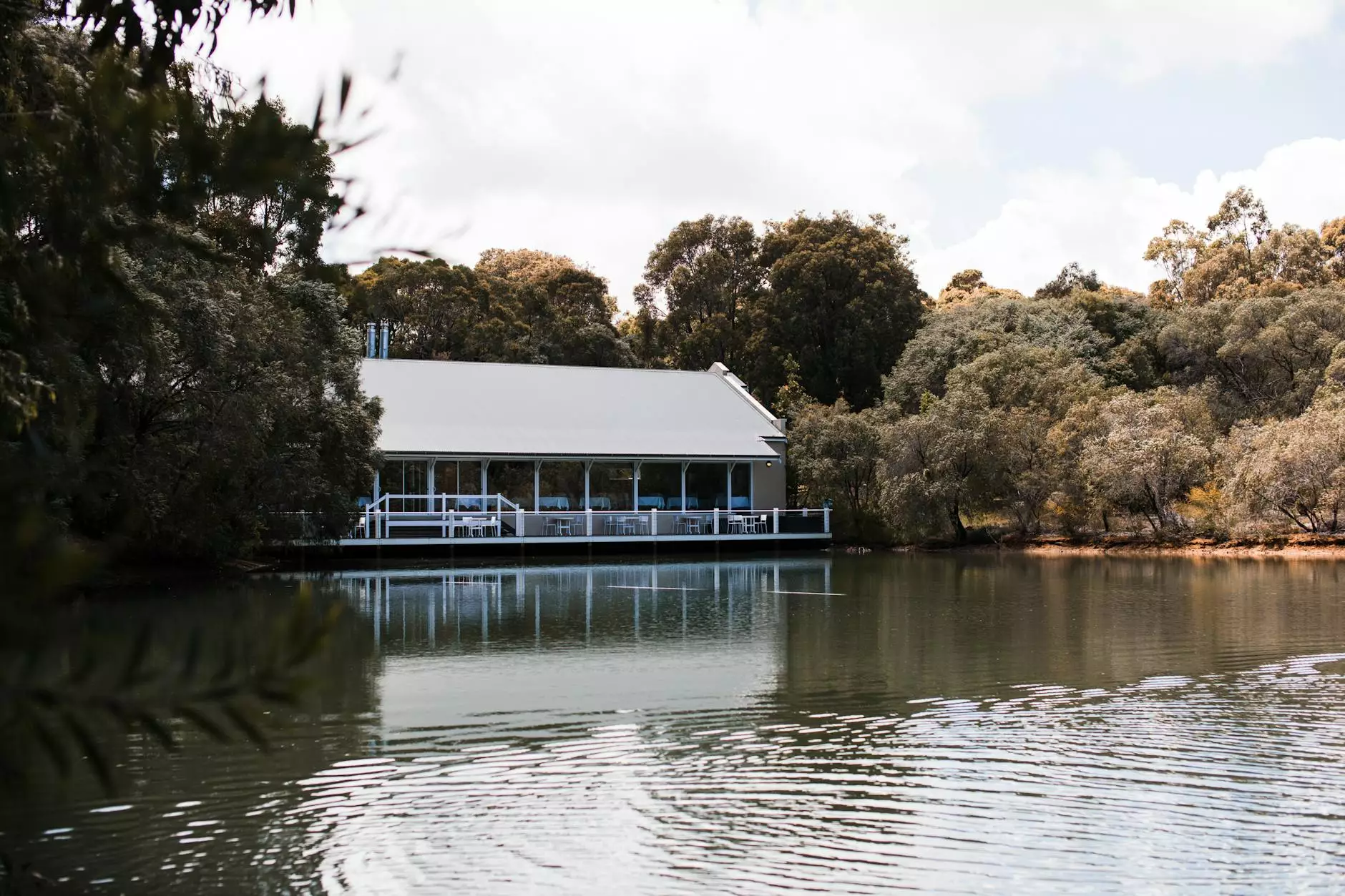231 – Five Ways To Use Would – Grammar Lesson
English Grammar Lessons
Welcome to NJCLT's comprehensive grammar lesson on the various applications of the word 'would'. In this lesson, we will explore five different ways to use 'would' in English language, providing detailed explanations and insightful examples.
The Conditional 'Would'
'Would' is widely used to express a hypothetical or imagined situation in English grammar. It is often used in conditional sentences, where it indicates a desired outcome or an expectation. Consider the following example:
If I would win the lottery, I would travel the world.
In this sentence, the use of 'would' in both clauses indicates a hypothetical scenario and the resulting action that would follow if the condition is met.
The Past Habit 'Would'
Another common use of 'would' is to express repeated or habitual actions in the past. It is frequently used to describe behaviors that were characteristic of a person or a situation. Here's an example:
Every summer, we would go camping in the mountains.
This sentence demonstrates the use of 'would' to indicate a past habit of going camping in the mountains during every summer.
Polite Requests and Offers
'Would' is also employed to make polite requests or offers. It softens the tone of the sentence and adds a polite touch. Consider the following examples:
Would you like a cup of tea?
Would you mind closing the window?
In these sentences, 'would' is used to make polite requests, indicating respect and consideration towards the listener.
Past Future in the Past
'Would' can also be used to describe an action that was planned or intended in the past, but did not happen. It indicates a future action from the perspective of the past. Let's see an example:
I knew she would become a successful artist one day.
In this sentence, 'would' conveys the idea that the speaker had a belief or expectation in the past about the person's future success as an artist.
Implied or Polite Advice
Lastly, 'would' can be used to offer implied or polite advice. It suggests a course of action without directly stating it. Here's an example:
You would feel much better if you took some time to rest.
In this sentence, 'would' conveys a gentle recommendation or advice, implying that taking rest is beneficial for the person's well-being.
It is important to note that the usage of 'would' can vary depending on the context, and it is crucial to understand the specific meaning it conveys in each instance. By mastering the different applications of 'would', you can enhance your English language skills and communicate more effectively.
At NJCLT, we are dedicated to providing comprehensive grammar lessons and language resources to help you excel in your English language journey. Explore more of our lessons and resources on our website to further enhance your language skills.










